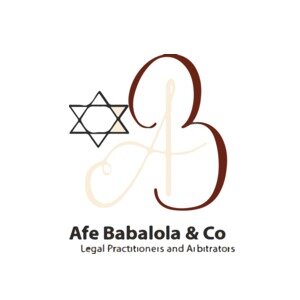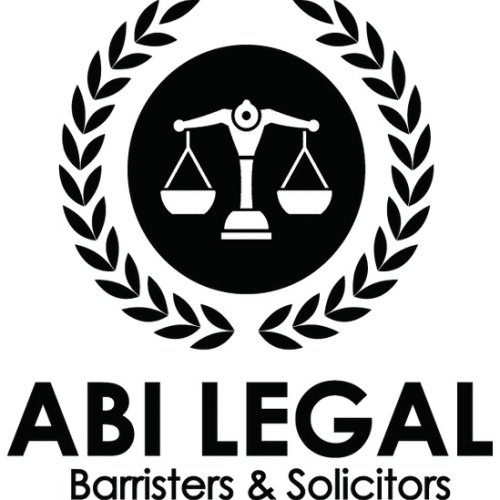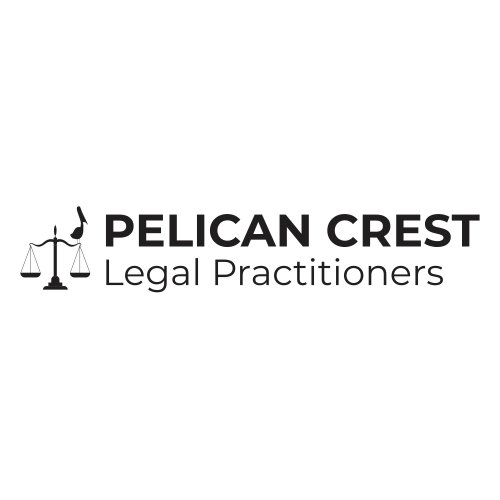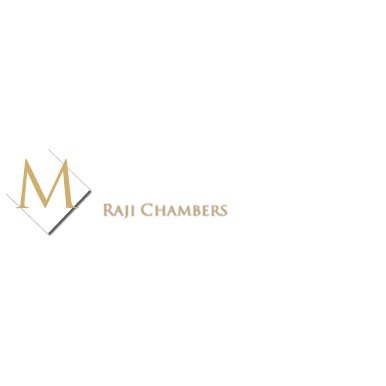Best Energy Regulatory Law Lawyers in Ibadan
Share your needs with us, get contacted by law firms.
Free. Takes 2 min.
List of the best lawyers in Ibadan, Nigeria
About Energy Regulatory Law in Ibadan, Nigeria
Energy Regulatory Law in Ibadan, Nigeria, is a specialized field that governs the production, distribution, supply, and consumption of energy resources such as electricity, oil, and gas. The purpose of this area of law is to ensure that energy supply is safe, reliable, environmentally friendly, and fairly priced to the consumer. Regulatory bodies, such as the Nigerian Electricity Regulatory Commission (NERC) and the Department of Petroleum Resources (DPR), play a crucial role in supervising compliance with laws and standards within the energy sector. These laws impact everyone, including residential users, commercial entities, industrial players, and government agencies operating in Ibadan and throughout Nigeria.
Why You May Need a Lawyer
Individuals and businesses in Ibadan might encounter various complex situations involving energy law. Common scenarios where legal help is needed include disputes over electricity billing, challenges with obtaining or retaining energy licenses, power theft allegations, unfair contract terms in energy supply agreements, enforcement of regulatory compliance, damage from energy infrastructure, and negotiation of energy supply deals. Lawyers can help interpret regulations, represent clients before regulatory agencies, challenge administrative decisions, and give advice on rights and obligations under Nigerian and local laws. Seeking legal counsel early on ensures your interests are protected and can help avoid potential liabilities or costly legal battles.
Local Laws Overview
Energy Regulatory Law in Ibadan operates within the framework of national legislation such as the Electric Power Sector Reform Act, the Nigerian Electricity Regulatory Commission Regulations, the Petroleum Act, and the Oil Pipelines Act. These laws are supplemented with local edicts and guidelines specific to Oyo State. Some of the critical legal aspects impacting Ibadan include:
- Licensing requirements for energy generation, distribution, and supply
- Tariff regulations and approval procedures
- Cross-border electricity trading within the state
- Enforcement actions against illegal connections or energy theft
- Health, safety, and environmental compliance obligations
- Land use and compensation for right of way for pipelines or power lines
Regulations apply to both small residential consumers and large-scale commercial or industrial companies. It is important to note that these laws are enforced by both national and local agencies in Ibadan, and non-compliance can result in fines, loss of license, or even imprisonment in certain circumstances.
Frequently Asked Questions
What is energy regulatory law?
Energy regulatory law covers the legal rules and policies governing the production, transmission, distribution, and consumption of energy resources. It includes the setting of tariffs, licensing, dispute resolution, and ensuring safety and environmental standards are met.
Who regulates electricity in Ibadan?
The Nigerian Electricity Regulatory Commission (NERC) is the main agency responsible for regulating the electricity industry. At the local level, the Ibadan Electricity Distribution Company (IBEDC) manages distribution, and Oyo State authorities may also have roles in oversight and consumer protection.
How are electricity tariffs determined?
Tariffs are set by NERC based on several factors, including the cost of generating and distributing electricity, infrastructure investment, and consumer protection considerations. Changes in tariffs usually involve public consultations and approval processes.
What can I do if I have a billing dispute with IBEDC?
You should first contact IBEDC customer service to submit a complaint. If the dispute is not resolved, you can escalate the matter to the Nigerian Electricity Regulatory Commission's Consumer Forum. Legal advice may also be useful, especially in complex cases.
Do I need a license to generate my own electricity?
Yes, under Nigerian law, large-scale or commercial generation typically requires a license from NERC. However, small residential generators below a specified capacity threshold may not require a license. It is best to consult a legal expert to clarify requirements for your specific situation.
What are my rights when a power line or pipeline passes through my land?
You are entitled to adequate notice, fair compensation, and proper safety measures. The law requires due process before construction or maintenance activities commence, and you have the right to contest any infringement of your property rights.
What penalties exist for energy theft in Ibadan?
Energy theft, such as illegal connections or meter bypass, is a criminal offense under Nigerian law. Penalties can include hefty fines, imprisonment, and disconnection of supply. Authorities also regularly conduct enforcement operations in Ibadan and surrounding areas.
How can renewable energy installations, such as solar panels, be regulated?
While small-scale installations for personal use generally require minimal regulatory oversight, commercial projects and grid-connected systems must comply with NERC renewable energy guidelines, obtain necessary permits, and meet safety standards.
Can businesses negotiate their own energy supply contracts?
Yes, especially for large consumers on special tariffs. However, all contracts must still comply with the overall regulatory framework, and some terms may be subject to NERC approval. Legal review is recommended to protect your interests.
What is the process for reporting unsafe energy infrastructure?
If you notice unsafe energy infrastructure, such as exposed wires or leaking pipelines, report it immediately to the IBEDC or DPR. Persistent issues can also be reported to NERC or Oyo State government offices. Legal intervention may be necessary in cases of negligence or repeated inaction.
Additional Resources
If you require more information or wish to escalate a complaint, consider reaching out to:
- Nigerian Electricity Regulatory Commission (NERC) - regulates and oversees all electricity matters in Nigeria
- Ibadan Electricity Distribution Company (IBEDC) - handles electricity distribution in Ibadan and surrounding states
- Department of Petroleum Resources (DPR) - regulates the oil and gas industry in Nigeria
- Oyo State Ministry of Energy and Mineral Resources - oversees state-level energy policy and consumer protection
- Civil Society Organizations advocating for energy consumer rights
- Local Bar Associations for legal referrals
Next Steps
If you believe you need legal assistance with an energy regulatory matter in Ibadan, it is advisable to:
- Document all relevant facts, contracts, notices, and correspondence regarding your issue
- Reach out to the appropriate regulatory agency to try to resolve the matter directly
- Contact a qualified lawyer who specializes in energy law for advice or representation
- Prepare questions to ask your lawyer regarding your rights, potential risks, and remedies available
- Follow through with regulatory and legal processes as advised by your lawyer
Being proactive and seeking timely legal guidance can make a significant difference in resolving your energy law challenges effectively and in protecting your interests under Nigerian law.
Lawzana helps you find the best lawyers and law firms in Ibadan through a curated and pre-screened list of qualified legal professionals. Our platform offers rankings and detailed profiles of attorneys and law firms, allowing you to compare based on practice areas, including Energy Regulatory Law, experience, and client feedback.
Each profile includes a description of the firm's areas of practice, client reviews, team members and partners, year of establishment, spoken languages, office locations, contact information, social media presence, and any published articles or resources. Most firms on our platform speak English and are experienced in both local and international legal matters.
Get a quote from top-rated law firms in Ibadan, Nigeria — quickly, securely, and without unnecessary hassle.
Disclaimer:
The information provided on this page is for general informational purposes only and does not constitute legal advice. While we strive to ensure the accuracy and relevance of the content, legal information may change over time, and interpretations of the law can vary. You should always consult with a qualified legal professional for advice specific to your situation.
We disclaim all liability for actions taken or not taken based on the content of this page. If you believe any information is incorrect or outdated, please contact us, and we will review and update it where appropriate.
















